News from our research
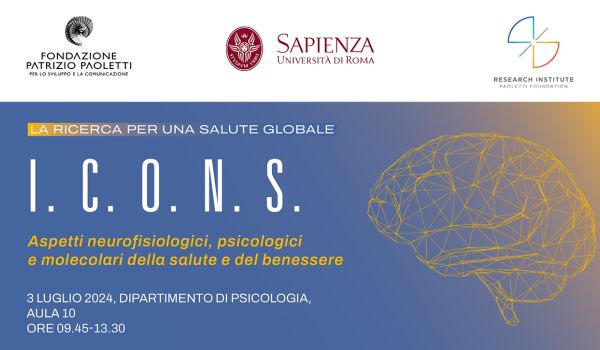
Silence is health: Patrizio Paoletti Foundation at Sapienza University
Silence is golden, even for health. Current scientific research is confirming that silence can become a protective factor for the mind and overall body health, especially when sought intentionally. The conference I.C.O.N.S. International Conference On The Neurophysiology Of Silence – Neurophysiolog…

Risks and extraordinary potentials of the adolescent brain. Interview with Tania Di Giuseppe, psychotherapist and head of psycho-pedagogical research
What happens in the brains of adolescents and what is the latest from the psycho-pedagogical research and projects of Patrizio Paoletti Foundation? We find out in this interview with Tania Di Giuseppe, head of the Foundation’s psycho-pedagogical research area.
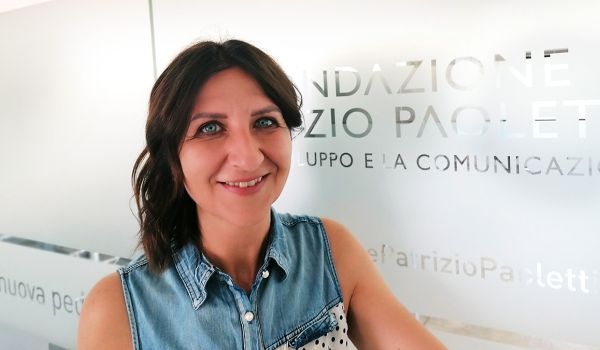
Education based on neuroscience to realize our potential: interview with Elena Perolfi, head of training projects
In this interview with Elena Perolfi, head of the Foundation’s educational and training projects, we find out how a child’s brain grows amid neurodevelopment, synaptogenesis, and education, and how Fondazione Patrizio Paoletti applies this knowledge in its educational practice with young children.
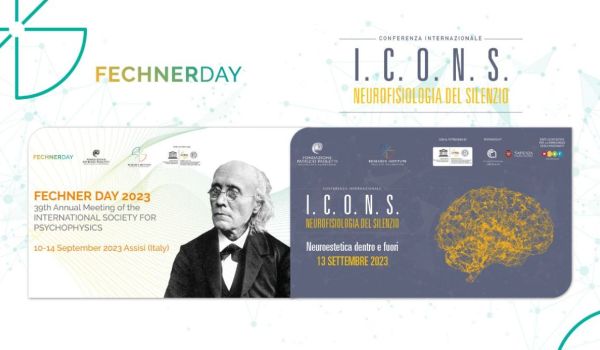
Paoletti Foundation organizes a two-fold event on the brain mechanisms that regulate our lives: silence and psychophysics, ICONS and the Fechner Day
On the morning of October 22, 1850, psychologist and statistician Gustav Theodor Fechner, while in his bed recovering from an eye injury, had an insight that is considered the basis of modern psychophysics. The law Fechner formulated based on that insight was, “For the intensity of a sensation to g…
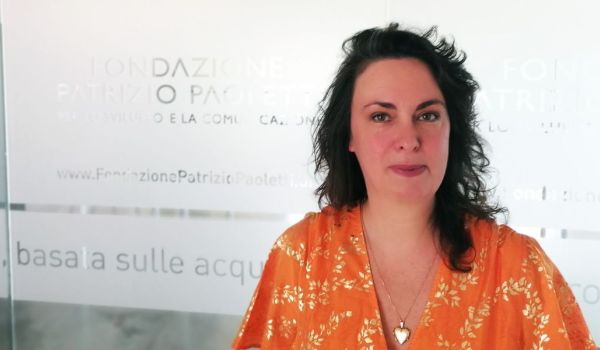
Interview with Tal D. Ben-Soussan, director of RINED: neuroscientific research as a guide to psychophysical well-being
The Research Institute in Neuroscience, Education and Didactics (RINED) is part of the Patrizio Paoletti Foundation (FPP), an Italian foundation registered in the National Register of Research at the Ministry of Education and Merit (MIUR). The main goal of RINED, and of FPP in general, is to identi…
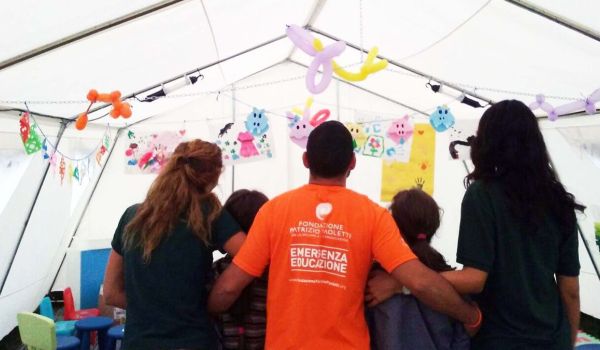
“Prefigure the Future” in earthquake-affected areas: a community-based neuropsycho-pedagogical intervention to support the people of Central Italy
In 2016 and 2017, Marche and Umbria faced the devastating impact of the earthquakes Amatrice-Norcia-Visso that caused 303 deaths, 388 wounded and 40,000 dispersed. Dealing with an earthquake is one of the most tragic and stressful life events, which alters the life quality of those affected in the…
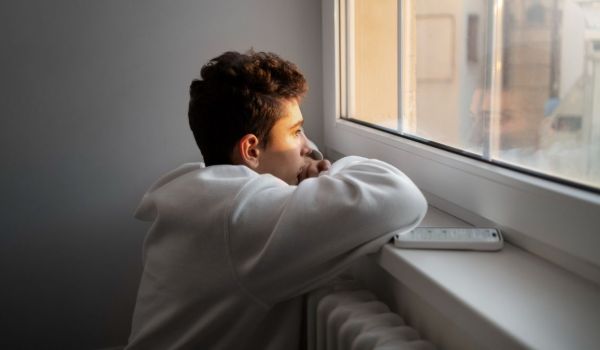
Educate the inner world and be healthy consciously
April 7 marked the 75th World Health Day with the motto Health For All! The day, announced by the World Health Organization, is an opportunity to reflect on the progress made over the years and on the current mental health crisis, especially among adolescents.
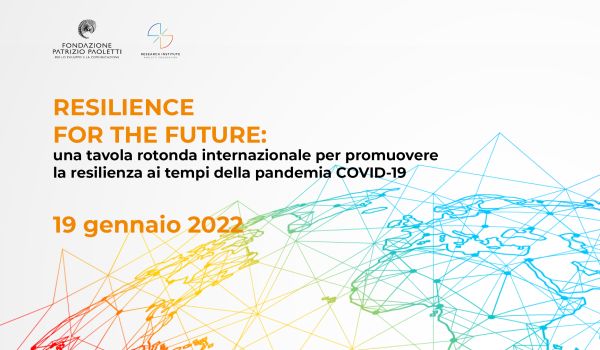
RESILIENCE FOR THE FUTURE: WATCH THE VIDEO OF THE ROUND TABLE
The Patrizio Paoletti Foundation, through its Institute of Research for Neuroscience, Education and Didactics (RINED), has organized the event “RESILIENCE FOR THE FUTURE: an international round table to promote resilience in times of the Covid-19 pandemic”. The round table was held on January 19 wi…
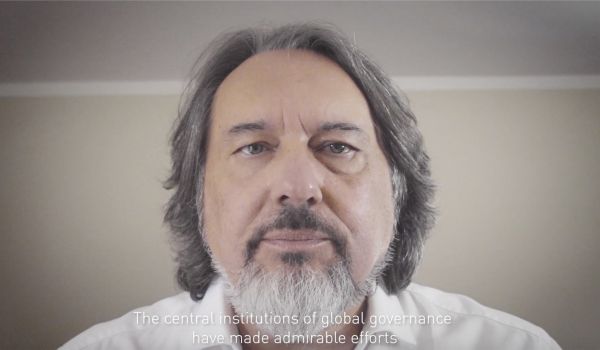
The future of education. Patrizio Paoletti at the Global Education Forum of Madrid
On Tuesday, October 5, 2021 the president Patrizio Paoletti contributed with a speech at the event entitled “Social Impact – How can higher education accelerate achievement of the SDGs?”.
It was one of the stages of a global discussion started in September amidst the Global Education Forum on the…
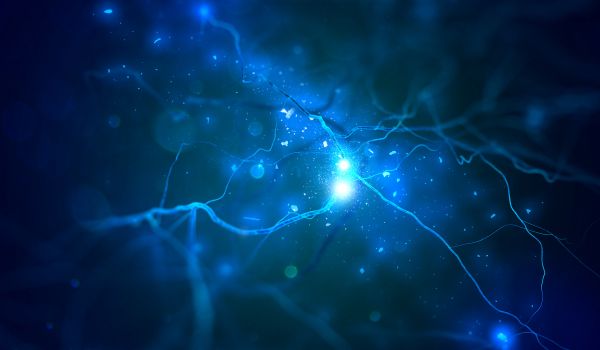
Counteracting cognitive decline is a teamwork for body and mind: Fondazione Paoletti’s research on Quadrato Motor Training at AD/PD Conference
Neurodegenerative diseases such as Alzheimer’s and Parkinson’s still represent a very difficult and unsolved challenge for researchers. Their prevalence among the world’s population calls for the need to improve the tools to counteract them and find new and more effective ones.


